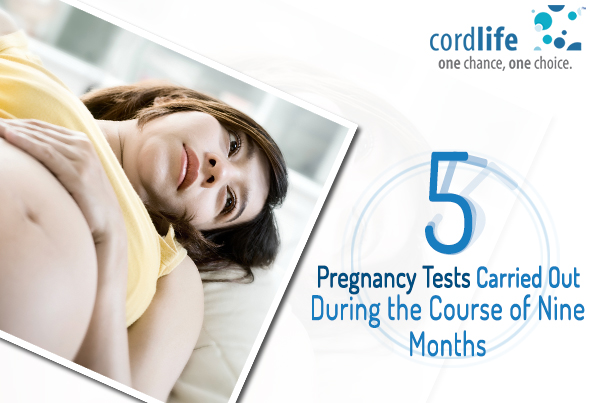Table of Contents
Ultrasound scans done during the last trimester can help determine the position of the fetus thereby avoiding labor complications says an article published in Embriovid. A host of pregnancy tests are done during the course of nine months which help keep tabs on the health of the mother and the baby and is the agent of information about potential high-risk factors.
Essential Tests To Be Done During Pregnancy
Ultrasound Test
Three ultrasound tests are done during the course of nine months, one in each trimester. In the first trimester, it can help determine the no. of fetuses i.e determine if there are twins, determine expected date of delivery, and can also help detect fetal abnormalities. In the second trimester, ultrasound helps confirm expected delivery date, determine the structure of placenta, check the amount of amniotic fluid, examine the growth of fetus, patterns of blood flow, examine fetal anatomy and determine the presence of any anomaly. In the third trimester, the scan helps to determine position of the fetus, assess the placenta and determine the quantity of amniotic fluid.
Blood Tests
Blood tests are generally done during the first quarter. They help determine Rh factor, levels of Human Gonadotrophin which determines the growth of the fetus, abnormal levels of PAAP-A (pregnancy-associated plasma protein screening) which is a protein produced by the placenta, abnormal haemoglobin levels or red and white blood cells counts, as well as diseases like Hepatitis B, Syphilis, HIV and other STDs and immunity to German measles. High levels of PAAP-A indicates high risk of chromosomal abnormalities in fetus. It is essential to get checked for STDs even if you have been tested before because it is possible to have STD and not have any symptoms, says an article published in Mayo Clinic. Early detection of STDs can help to reduce their chances of transmission from mother to baby.
Urine Tests
One of the most common pregnancy tests include urine tests, may be done as early as to detect the pregnancy. Urine tests are done numerous times during the three trimesters. They help to determine protein levels and to also check for infections.
Fetal Monitoring
Fetal monitoring is done to determine the fetal heart rate. It is either done through fetoscope or through a handheld Doppler. It helps diagnose complications during the last leg of pregnancy especially in the case of less or no fetal movements.
Glucose Challenge Screening Test
It is a blood screening test done between weeks 24 to 28. It determines if you are at risk of gestational diabetes mellitus.
Other tests include Amniocentesis and Cordocentesis which helps to determine genetic abnormalities in the fetus.
